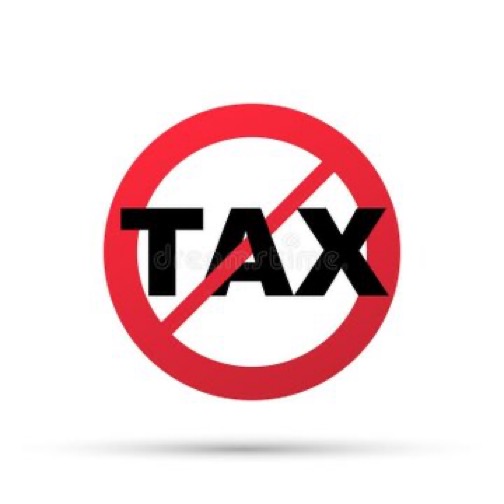Tax advice – How to find a reputable advisor

HM Revenue & Customs (HMRC) has produced updated guidance on how taxpayers should choose a suitable tax agent to manage their affairs.
This new approach focuses on taxpayers choosing a reputable firm with qualified individuals – an approach which Cheshire accountants, Ascendis, entirely agree with.
Andy Wilson the firm’s Tax Director said the incidences of businesses and individuals turning to them for advice after being misled or given poor guidance by another organisation had increased.
As a result, the firm has been engaged regularly to resolve matters for taxpayers and limit the impact on their tax position.
But how do you find a reputable tax agent?
Andy shares the following tips:
Avoid cold callers
There are many agencies out there dedicated entirely to helping businesses and individuals claim tax reliefs and rebates, with little focus on the quality of their service or advice.
They will often offer incredible savings, for a small fee, but their evaluation of an individual’s tax affairs and the amount of tax they claim they can save are often inflated.
These are often standalone agents, not linked to an established accountancy firm, who will solely focus on a single area of taxation, such as R&D tax credits.
Andy said: “They will often approach you out of the blue and make exaggerated claims without prior knowledge of your entire operation or claim that they have been able to find you a tax rebate based on your previous tax returns or accounts.
“However, we have had some clients come to us after using their services once they found that the saving wasn’t as significant as they had thought, or they had got into a dispute with the taxman because they weren’t actually eligible for the tax relief offered.”
Andy said that often by this point, the original agent was no longer in contact with the client or avoided blame, wherever possible.
Research
Deciding to use the services of a tax adviser is no small thing. Their actions could have a direct impact on the tax you pay and how you are viewed by HMRC.
You do not want to be the subject of a tax investigation or dispute that can be costly and stressful, so you need to know who you are dealing with.
Spend some time researching a shortlist of potential candidates. Check out their website, see if they have any terms and conditions that could be deal breakers, and reach out and see if they will provide references that you can check.
HMRC itself says that taxpayers should “contact a few different agents before choosing which one provides the right services for you”.
Look for experience and qualifications
As with any professional service adviser, you want to make sure they have sufficient expertise and experience to deal with your matter.
Most reputable firms will list key members of their tax team on their website and include a breakdown of their knowledge.
Furthermore, you can use sites like LinkedIn to further check on your adviser’s history within the profession and review websites to see whether they have previous complaints.
You should also confirm that they have the relevant professional qualifications and/or are a member of an accountancy or tax professional body.
The most common tax qualification you may come across is a Chartered Tax Adviser (CTA). These individuals must undertake tough professional exams with the Chartered Institute of Taxation (CIOT) and continue to undertake professional development afterwards.
“CIOT and other organisations like it, also monitor the behaviour of their members and will take action if they do not meet the required professional standards,” explained Andy.
Are they insured?
As well as their qualifications, you want to make sure you use an adviser with sufficient professional indemnity insurance.
The best advisors are also likely to offer a tax investigation service, alongside their advisory offering.
It is worth using this service, as it could save you thousands should you become the subject of a tax investigation at a later date.
Use a trusted adviser
If you already have an existing accountant or bookkeeper, you may find that they also offer specialist tax services that can help you make use of existing reliefs.
This should be your first point of call. As a firm, they should have a deeper understanding of your financial affairs and may be able to offer more comprehensive advice on tax planning.
Andy added: “What’s more, you will be dealing with a known entity, somebody you already trust to manage your accounts and other matters”.
However not all accountants have the necessary expertise and experience to deal with complicated tax matters and they should be open and honest with you if they are being asked to provide tax advice that they are not qualified to give.
Why choosing the right tax adviser matters
“Whilst handing over your tax affairs to an expert to help you save more might seem appealing, if things go wrong, it is you that will suffer,” said Andy.
“The figures provided to HMRC are your responsibility, even where a tax agent has acted on your behalf.
“Choosing the wrong adviser can be a recipe for disaster and therefore you should choose carefully, due your due diligence on them and always review your returns before signing them off.”




